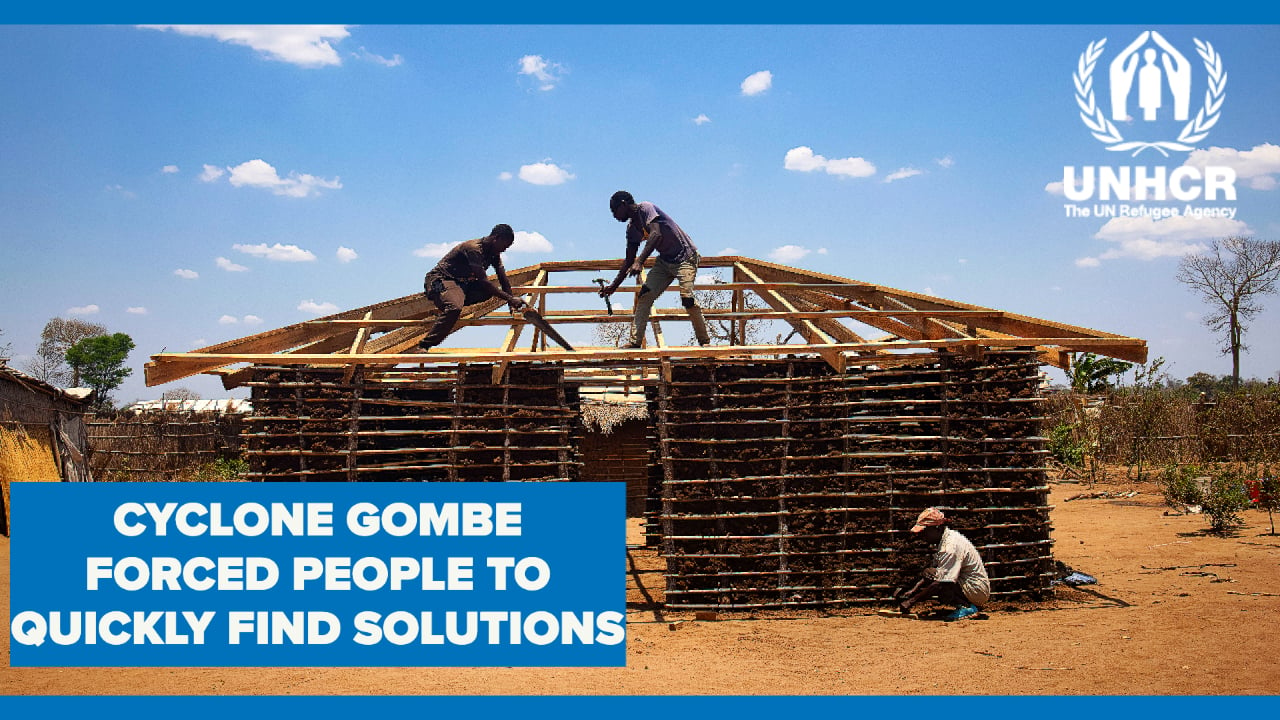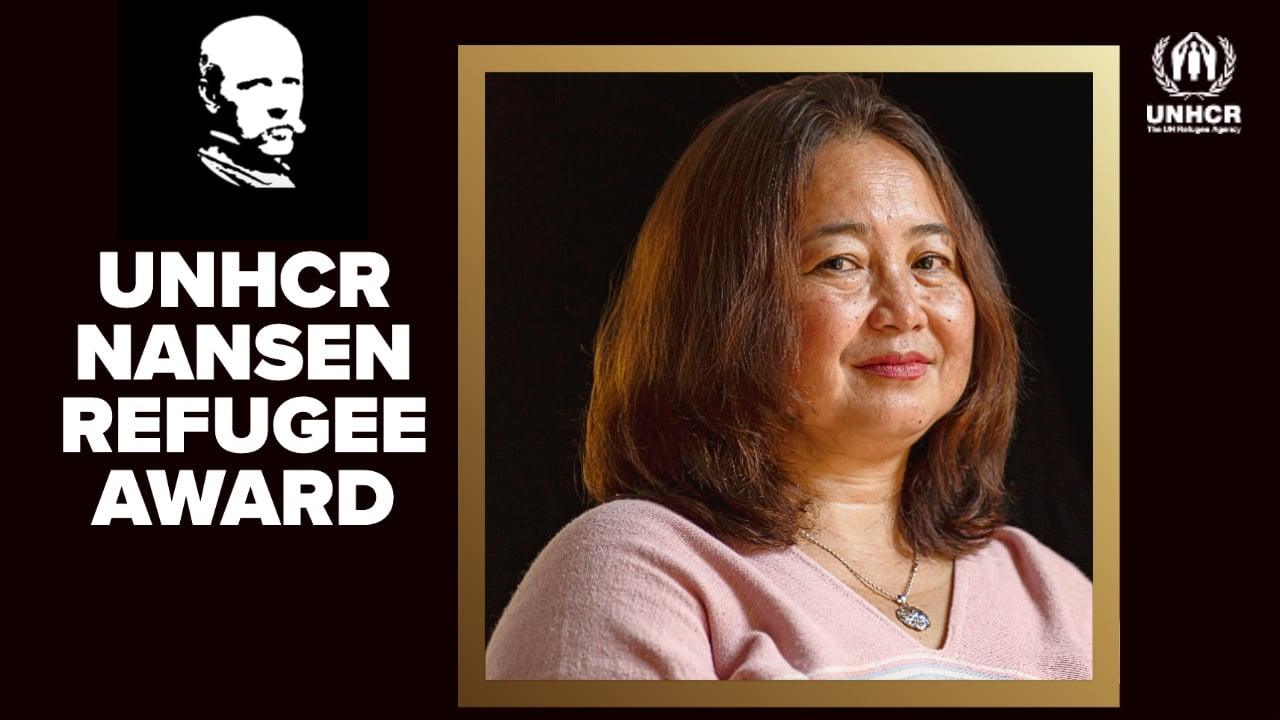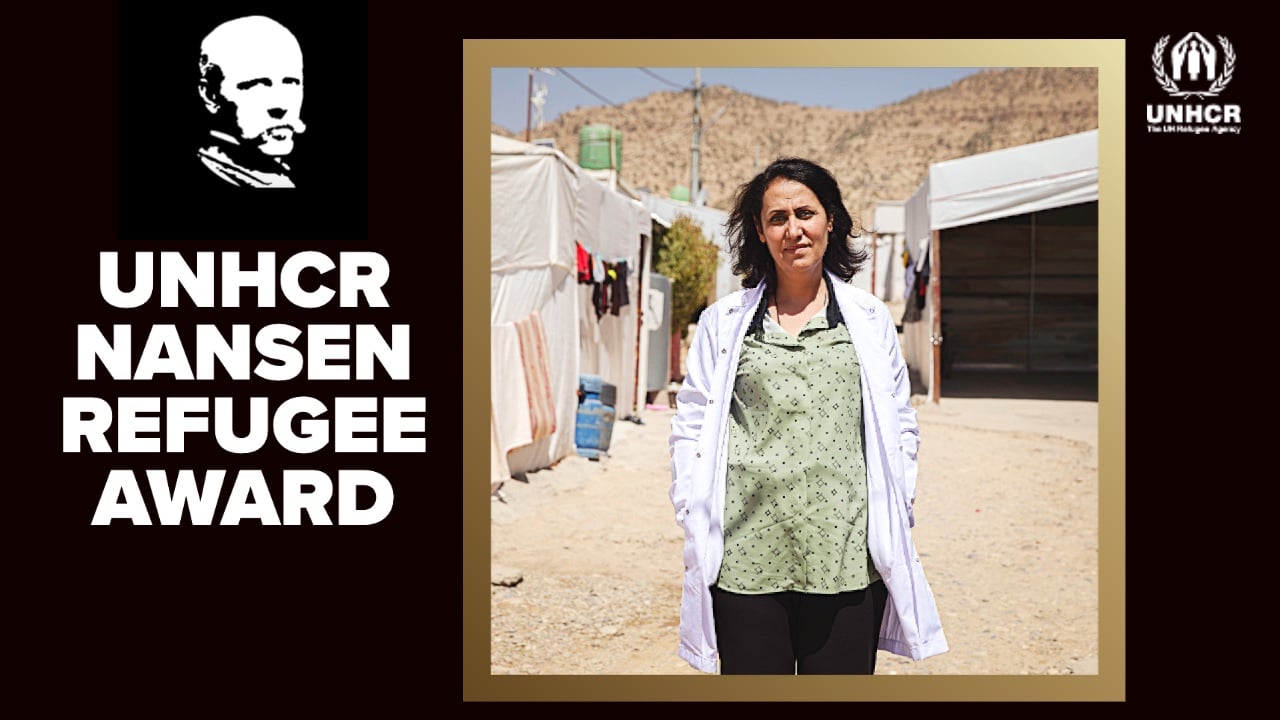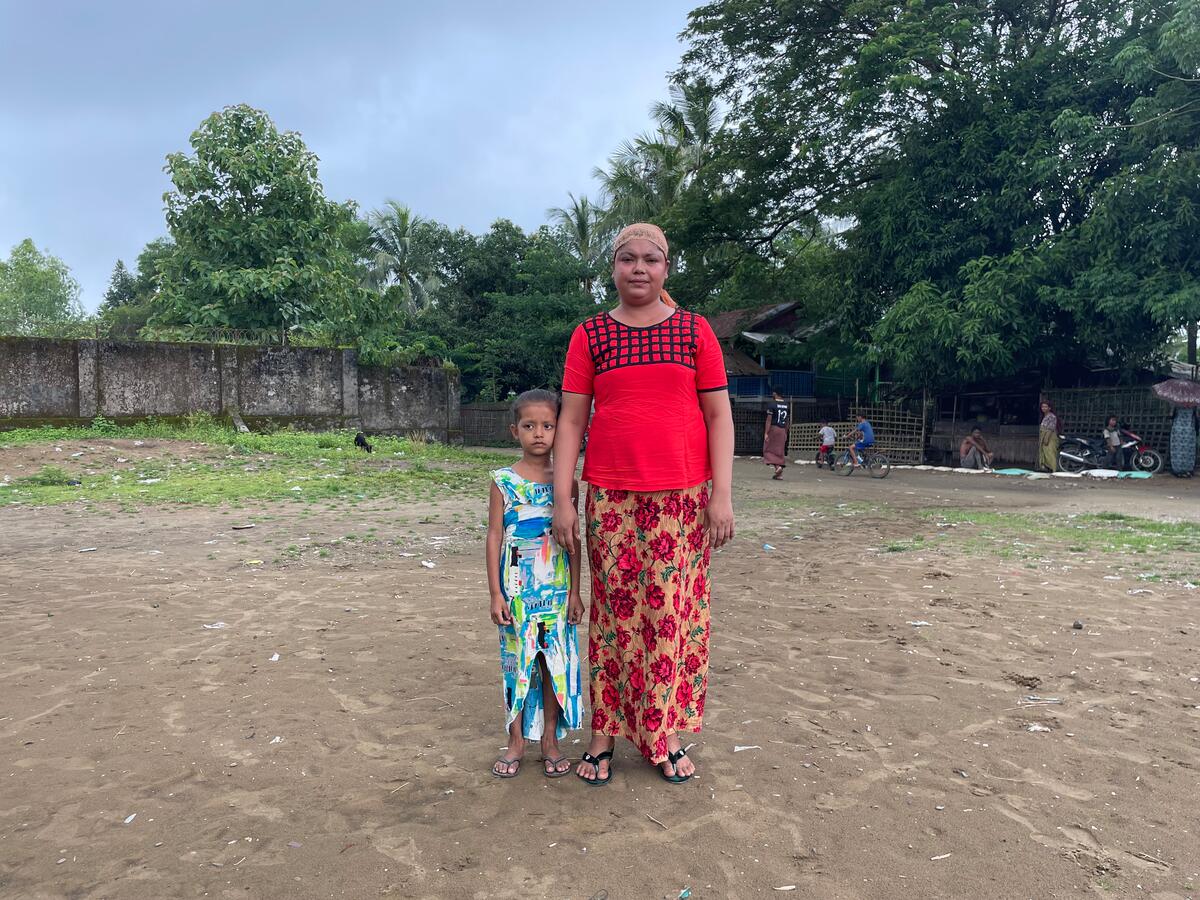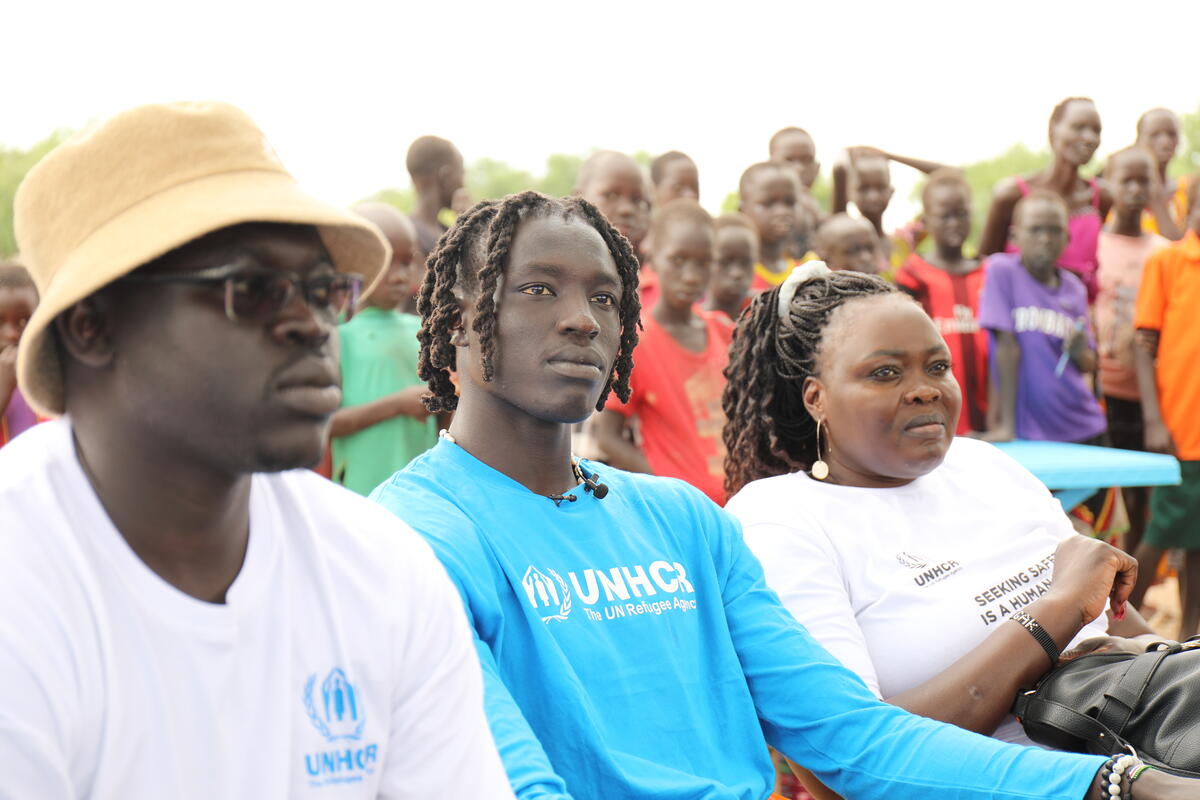Fighting in northern Mali forces thousands to flee their homes
Fighting in northern Mali forces thousands to flee their homes
Renewed fighting between armed groups in the Gao, Mopti and Timbuktu areas of northern Mali in the past four weeks has led to some 57,000 people fleeing their homes, according to Malian authorities. The newly-displaced join the ranks of over 43,000 internally displaced people throughout the country who have not yet returned to their homes since the conflict in 2012 between governmental forces and various rebel groups. The total number of internally displaced people (IDPs) in Mali stands now at just over 100,000, mainly in the northern part of the country.
The deterioration of the security situation takes place just days after the signing of the Algier Peace Agreement between the Government and several armed groups in Bamako on May 15.
The Timbuktu region is the most affected by the recent movements of population, with 53,196 new IDPs registered by the Malian authorities as of 26 May. In addition, the government is also reporting the displacement of 2,350 persons in the Gao region and of 1,622 in the Mopti area. Our teams in northern Mali spoke to some of the newly displaced who said that they had fled their villages because of fear of violence or forced recruitment by armed groups.
The volatile security situation is hindering access for humanitarian workers to all affected areas and the growing insecurity in the region is making the provision of protection and assistance to the newly-displaced very challenging. Together with our partners IEDA Relief and Handicap International, our team in Timbuktu is currently assessing the needs of people. A recent attack in the village of Tin Hamman in the Gao region claimed the life of one humanitarian worker.
Initial visits by UNHCR and its partners present in the affected areas show that many people have moved to locations considered safer around their villages of origin, or to neighbouring villages. Many are sleeping outdoors and some are staying with friends or relatives. They report that that many women and children are among the displaced, and that they urgently need shelter, water and food.
Earlier this week, and despite the difficult situation, we started to deliver relief assistance to over 1,500 newly displaced people in Goundam, located 85 kilometers west of Timbuktu. The distribution of aid is ongoing with the help of our partner Stop Sahel. We are also currently moving relief items to the Timbuktu area in order to organize the future distribution of kitchen sets, soap, mosquito nets, blankets, plastic sheeting to some 12,000 people newly displaced in Gourma Rharous, some 100 kilometres east of Timbuktu.
In addition to internal displacement, small numbers of refugees are crossing to neighbouring countries following the recent violence. Since January, some 3,500 new refugees have arrived in neighbouring countries. Our teams have registered 258 new arrivals from Mali in Burkina Faso between 11 and 28 May, while some 236 Malians have arrived in Mauritania since the end of April. In Niger, our teams report the arrival of 238 new refugees from Mali.
Although the numbers are still relatively low, this is an extremely worrying development since it shows the degree to which civil strife in Mali is undermining social cohesion. In Niger, the refugees originate from a single village in the Gao region where fighting between different armed groups took place earlier this month and civilians were killed. As a result, the villagers fled to Niger but do not want to live in one camp as they accuse each other of having links to opposing armed groups.
Malian refugees had been slowly but consistently returning home from neighbouring Burkina Faso, Mauritania and Niger until the recent violence flared up. The Mali government estimates that 35,232 refugees have returned home since 2013. UNHCR has verified 16,500 of them, of which 1,121 have returned since January 2015. In return areas, we support returnees through community-based projects, such as rehabilitating schools, providing medicine to hospitals, digging wells, distributing shelter kits, supporting self-reliance activities, or assisting vulnerable people with relief items. In order to foster peaceful coexistence in return areas, these projects benefit both the host and returnee communities.
Some 137,500 Malians remain refugees in neighbouring countries, including 33,400 in Burkina Faso, 52,000 in Mauritania, and some 50,000 in Niger.
For more information on this topic, please contact:
- In Dakar (Regional), Helene Caux on mobile + 221 77 333 1291
- In Mali, Isabelle Michal on mobile + 223 75 99 72 62
- In Geneva, William Spindler on mobile +41 79 217 3011


